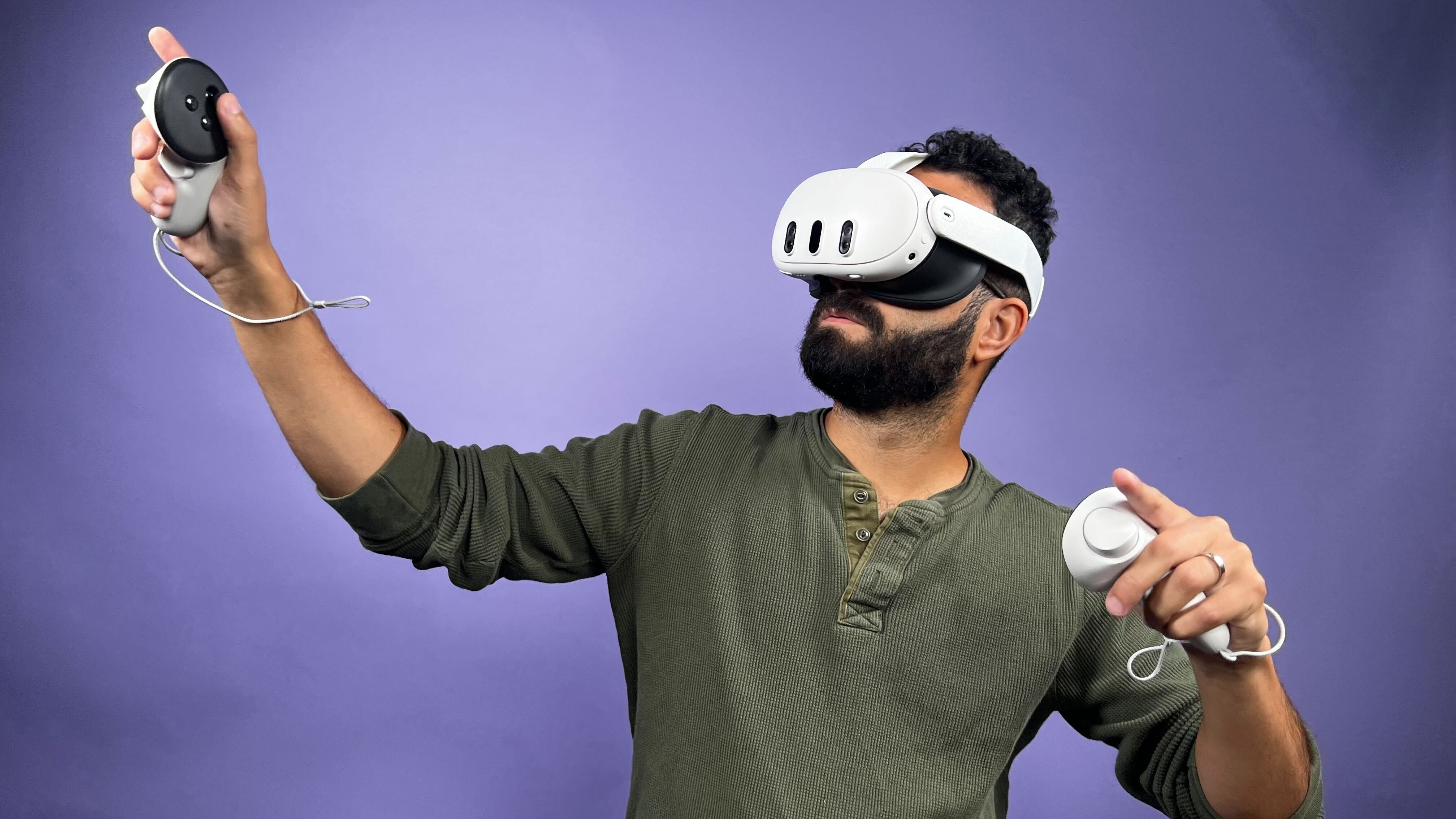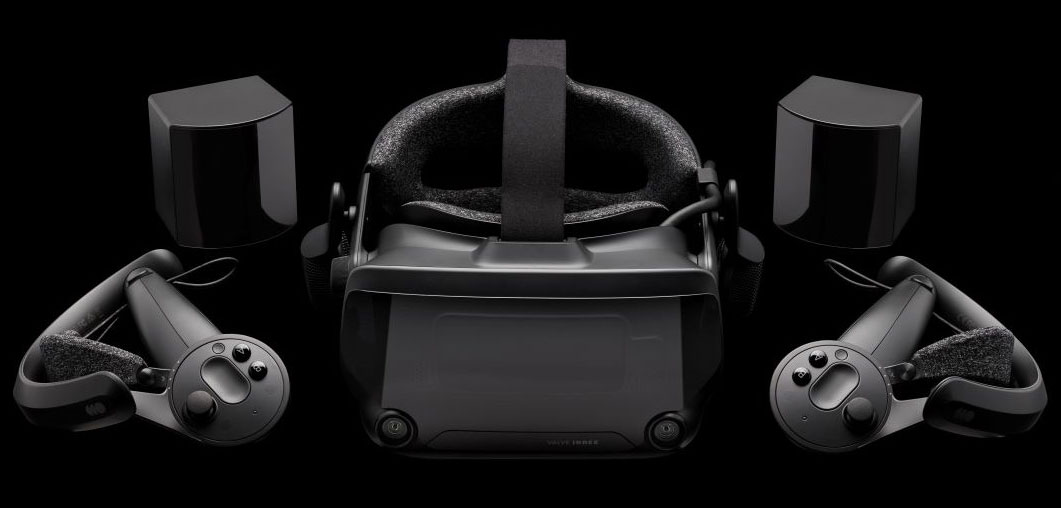Meta spent $4.3 billion on its VR division in three months, and made *checks figures* $440 million in return
Math isn't my strong point, but those numbers make my teeth hurt.

VR is sometimes dismissed as a fad, with some seemingly desperate to ring the death knell on virtual reality and its associated hardware at the earliest opportunity. While we're not so convinced, the latest financial report from Meta shows staggering expenses in regards to its VR headset and augmented reality division that are difficult to ignore.
Meta's first quarter results of 2024 reveal that Reality Labs, the company's business and research unit that develops and produces VR headsets like the Meta Quest 3, made $440 million, a 30% increase attributed to Quest headset sales. Reality Labs' expenses, however, were an eye-watering $4.3 billion.
This was actually down 1% year-over-year, as "higher headcount related expenses were more than offset by lapping inventory related valuation adjustments and restructuring costs."
Still, that leaves Reality Labs with an operating loss of $3.8 billion, which is hardly the sort of small change you wouldn't mind losing down the back of the sofa.
Those of you with a good memory will also remember that this isn't the first time Meta's Reality Labs has suffered financially, as last year it was reported that it spent $4.279 billion in the last financial quarter of 2022.
Despite owning a VR division that seems to be bleeding money, Meta CEO Mark Zuckerberg has recently vowed to increase spending overall at Meta to turn it into "the leading AI company in the world" (via The Financial Times), which seems to have spooked investors and caused a 12% loss in share value in wake of his statements.
Financial woes indeed then, although its not like Meta has been shown to be particularly careful with its pocketbook recently. Aside from its VR losses, the company has been investing in AI-crunching hardware like the Nvidia H100 GPU en masse in order to train its language models, and current estimates indicate that this substantial investment could add up to $7 billion worth of the immensely powerful Nvidia chips by the end of the year.
Keep up to date with the most important stories and the best deals, as picked by the PC Gamer team.
Well, AI hardware is expensive after all, with those H100 GPUs estimated to cost between $20,000 to $40,000 per unit.
Still, when it comes to VR, all these heavy costs might eventually start to balance out. According to a tweet from tech investor Jack Soslow, a16z Games—a company that raises investment funds for games industry founders, so prepare your appropriate dose of salt—the Meta Quest line has sold more than you might think.
1) The VR market is larger than perceived:- Meta alone sells ~10m headsets annually, comparable to Xbox.- The Meta Quest 2 is the top selling console on Amazon.- Meta Quest store has generated >$2b in rev or >$500m annually, comparable to UGC payouts. pic.twitter.com/6QmB57KzCPApril 25, 2024

Best VR headset: which kit should you choose?
Best graphics card: you need serious GPU power for VR
Best gaming laptop: don't get tied to your desktop in VR
According to his data, Meta's Quest line beat Microsoft Xbox sales by a significant amount in the past two years. If his estimated eight to 12 million sales of headsets in 2024 proves out (you did take that salt, didn't you?) then we could potentially be looking at a trend towards VR headset adoption starting to outpace console sales as a whole, although lets face it, the Xbox Series S and Series X have been out for a while now, and it's probably no surprise that sales are on the decline.
Mmm, briny. Anyway, whether this proves to be an indicator of an eventual stratospheric rise of VR headsets into the heady heights of immense profitability, remains to be seen. For now, it seems to be something of an expensive bet, although time will tell whether all this immense spending eventually pays off.

Andy built his first gaming PC at the tender age of 12, when IDE cables were a thing and high resolution wasn't—and he hasn't stopped since. Now working as a hardware writer for PC Gamer, Andy's been jumping around the world attending product launches and trade shows, all the while reviewing every bit of PC hardware he can get his hands on. You name it, if it's interesting hardware he'll write words about it, with opinions and everything.

